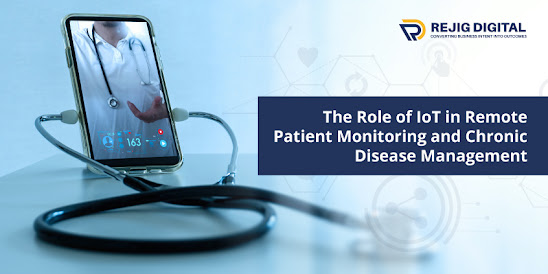Impact of Industrial IoT Solutions on Manufacturing Sector
Technological advancements are providing numerous benefits for every industrial sector and the manufacturing area is no exception. Amongst various emerging technologies, Industrial IoT tops the list. With the advent of IoT innovation, the manufacturing industry can take a sigh of relief by overcoming major challenges.
Let’s discuss ahead how Industrial IoT solutions are changing the face of manufacturing industries.
Benefits of IoT in Manufacturing Industry
Asset Management
A prime reason IoT is considered one of the core manufacturing industry solutions is that it enables enhanced asset management. It means the monitoring of assets for better production and quality control and worker safety. The IIoT-based asset monitoring facilitates faster and more efficient manufacturing plants with reduced product cycle time.
IIoT also ensures a safer workplace specifically in hazardous workplaces or chemical/oil manufacturing firms.
For instance, sensor-embedded devices can easily detect anomalies in the environment such as gas leakages into the pipe network, so that workers can leave the premises immediately and safely.
Predictive Maintenance
Asset maintenance becomes easy with IoT-enabled predictive maintenance. This technology refers to the monitoring of machines with the help of sensors, and the status of machines is stored in the cloud platform.
Manufacturers can get better visibility into assets through real-time monitoring. It allows for predicting machine failure and identifying parts that need replacement. As a result, you can schedule maintenance and repairs, and predict breakdowns before they occur. Its real-time notifications enable you to take quick action, which in return extends the life of your assets.
Better Inventory Management
Manufacturers can use IoT connectivity to manage inventories. They can leverage automated asset tracking to prevent costly mistakes that come with the mismanagement of inventories. IoT enables the efficient tracking of items with its data records in the ERP system automatically. IoT asset tracking allows organizations to reduce the working hour of inventory management along with decreasing human errors.
Improved Quality
Integration of IoT in the manufacturing sector can improve the process in the long term. The constant monitoring of machines gives the correct real-time status of their condition. This information helps personnel to improve the performance of machines which results in better input and improvement in the overall process. In short, manufacturers can identify and address the persistent issue in real-time.
Increased Operation Efficiency
IoT-connected machines enable manufacturers to utilize data collected by sensors to make smarter, more informed decisions. Using the information available enables the enterprise to undertake proactive and continuous steps to improve operations that create an agile and stable future through both insight and action.
New Business Model
IoT supports after-sales services and remote diagnosis of equipment failure which helps in decision-making. This transformation in manufacturing aspects leads to shorter downtime and cost reduction in areas of travel, support, and warranty. Operational data input through IoT-based sensors allows manufacturers to offer outcome-based service models and ensure the availability of suitable equipment.
Final Words
The integration of IIoT in manufacturing represents the next level of operational maturity for organizations. It involves predictive maintenance, focused leadership, high-quality products, and transformed business models. Overall, IoT enables the manufacturing sector to work smarter by preventing disruptions in operations entirely.
.jpg)




Comments
Post a Comment